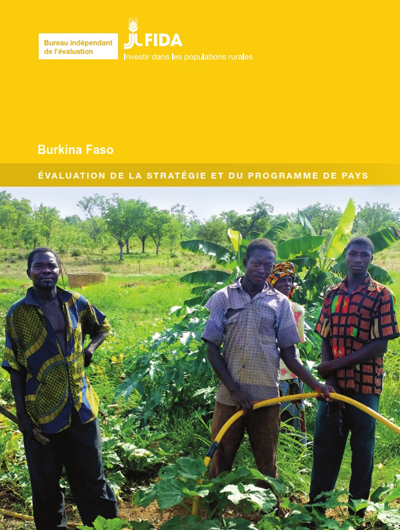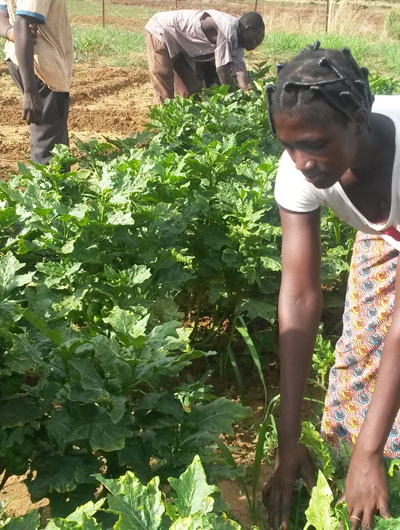Burkina Faso Country Strategy and Programme Evaluation - IOE

Burkina Faso Country Strategy and Programme Evaluation
The results of the evaluation show that IFAD-supported projects enhanced agricultural productivity and food security by improving agricultural practices for food crops (maize, millet and sorghum) and for cash commodities (sesame, honey, dairy and shea). Soil conservation techniques promoted by the Community Investment Programme for Agricultural Fertility contributed to a 300 per cent increase in sorghum yields and a 200 per cent increase in rice and millet crops. IFAD interventions also helped to diversify and increase rural incomes by promoting microenterprises and income-generating activities.
The evaluation highlights achievements as well as issues that still need to be addressed. One of the recommendations is to focus interventions on priority regions in the medium term for enhanced impact, and to establish an effective monitoring and evaluating system that enables results and changes to be measured, and lessons learned to be generated. The evaluation also notes that IFAD will need to extend its reach to the poorest and most vulnerable populations, particularly women and young people, by supporting them to access microcredit.
This is the first country strategy and programme evaluation conducted by the Independent Office of Evaluation of IFAD (IOE) in Burkina Faso and covers the partnership between the Government and IFAD from 2007 to mid-2018. Over a period of almost 40 years, IFAD has supported 14 projects and programmes in the country for a total cost of US$548.4 million, of which IFAD contributed US$276.7 million.
